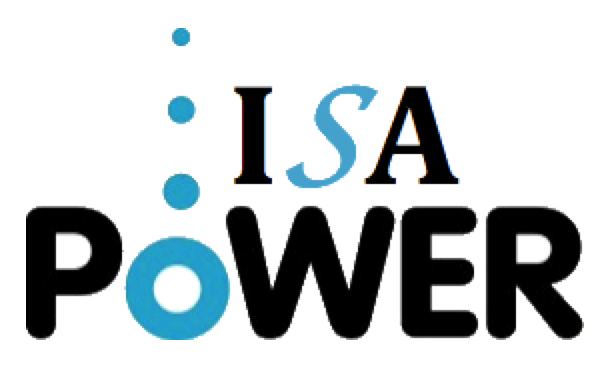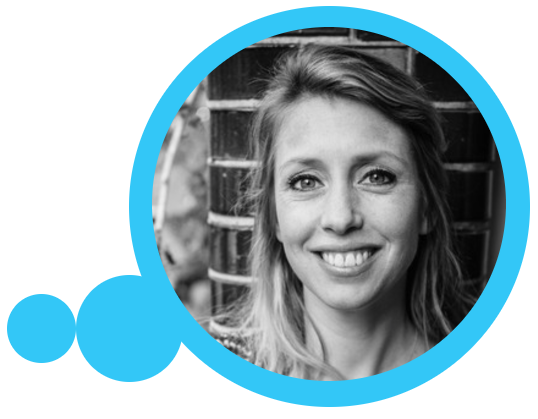INTERVENTION EATING DISORDER
The purpose of an intervention
Interventions are highly important in emergent situations where time is not a luxury. When you feel you are losing the person you love, and you don't know what to do, and intervention is highly recommended. Crisis interventions are not only suitable for addicts, but also for people with eating disorders. People who are suffering from an eating disorder sometimes don't see - or understand - that their own life (health) is at stake. Some simply don't care, some don't think there is any problem, and some really don't know what to do and have lost hope.
"Sometimes people with eating disorders are not willing to accept help, an intervention professional may be able to get commitment for hospitalization or treatment involuntarily, an action that makes it no longer a direct intervention, but a forcible one. This is especially effective in cases where people harm themselves or stop eating."
- Isabelle Plasmeijer (Director ISA Power)
Together we can create change
When you want to create massive change - you need to go for a breakthrough - contact Isabelle Plasmeijer. She has recovered from her own eating disorder and is able to confront, motivate and resolute in her approach. Because Isabelle suffered from an eating disorder herself, people respect her, look up to her and can not come up with excuses for not choosing for recovery. During the intervention everybody is able to share their story, share what's bothering them, read a letter, and tell how they feel about the situation, and how it affects them personally. Before the intervention takes place, information about the current situation is collected and studied. A successful intervention needs careful preparation.
What is going to happen?
An intervention is meant for people who have difficulty saying no to their eating disorder. During an intervention we use the "tough love" approach, which is perfect for family members (and friends and relatives) who want to help. If you’ve come to a point of no return where you’ve tried everything without results, this may be your best bet. This method often scares loved ones, and maybe you too? We understand, because there is always a possibility of it not working and potentially pushing the person you love further away from you. Therefore, it should be used as an absolute last resort.
The breakthrough
The "tough love" method means insisting your loved one to seek treatment before he/she can return home (go back to work). You must limit all resources: loaning money, paying bills, doing the laundry, and managing his/her problems. These things are all out of the question. Because of this intense but loving, and respectful confrontation your loved on - the person with the eating disorder - will probably choose for help. You can insist your loved on (child, partner etc) to get treatment inside a clinic, or to get help from a therapist/psychologist.
The 6 steps
Intake with family & friends
Plan of "action" intervention
Meeting with family & friends
Doing the intervention
Conveyance (to clinic/therapist)
Aftercare for the family and friends
The 6 steps of an intervention
1. Intake with family and friends
During the first meeting you are able to share your story, and tell why the intervention is needed, what the main challenges are in battling the eating disorder your loved one is suffering from (this can be anorexia, bulimia, binge eating disorder, and other traumas or disorders). We also look at the emotional and social ballast. You are welcome to invite more people to this first meeting (to support you) as long as their contribution is valuable. Isabelle Plasmeijer will also explain you how the rest of the intervention procedure looks like. Intakes take between 2 and 3 hours.
2. Plan of action intervention
Isabelle Plasmeijer will make an action plan and will carefully plan the intervention with the contact person within the family. All information needs to be collected, in order to create a sustainable and strong story-line. The plan of action is a crucial step before the (3) meeting with the family is scheduled and (4) the actual intervention takes place. If needed a medical specialist or psychologist will be asked for advice, or asked to join the intervention.
3. Meeting with family and friends
In this step family and friends are involved, and a meeting is planned. Isabelle Plasmeijer wil tell everybody what to do, what their role is, and what can be expected. Without the effort and attendance of family and friends an intervention can not be successful. One of the family members will be the main contact, and will be in close contact with Isabelle Plasmeijer. This meeting will take about 2 or 3 hours.
4. Doing the intervention
Your loved one will be asked to meet you at a special location, without knowing what is going to happen. Once he/she arrives it will be clear that this specific meeting has one goal: accepting help and recover. Isabelle Plasmeijer will guide the intervention from a place of love, strength, perseverance and clarity. This is a confrontation with a lot of impact, which will cause emotions to come to the surface. The purpose of this meeting is to wake and shake up you loved on. She or he will need to say YES to recovery, YES to help, YES to life. Interventions may take anywhere between 3 to 5 hours.
5. Conveyance to third parties (clinic/therapist/hospital)
Isabelle Plasmeijer will advice you what to do next, and discuss the treatment options: clinic, therapist, psychologist, dietitian etc. The choices (+ potential cost) will be discussed with the family upfront. Of course the intervention is not over after transferring your loved one to a third party. You and the rest of the family need to receive help as well. The meeting with the new treatment center and rapport will take about +/- 2 hours.
6. Aftercare
Aftercare is crucial to create lasting result. Afterwards another meeting is scheduled with Isabelle Plasmeijer. All the people that were there during the intervention are invited to join this meeting. In this last step we look at how to create a strong support network so your loved one will not relapse. This aftercare meeting will take approximately 2 to 3 hours.
Prices of an intervention are € 1.800,- (Incl. tax and excl. additional cost such as travel expenses). Payment in installments is possible.



